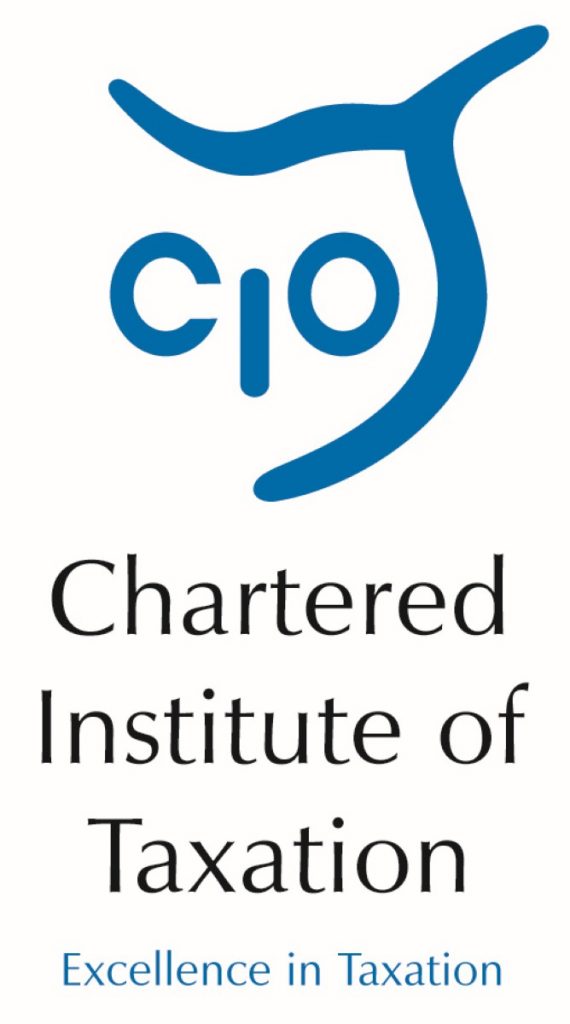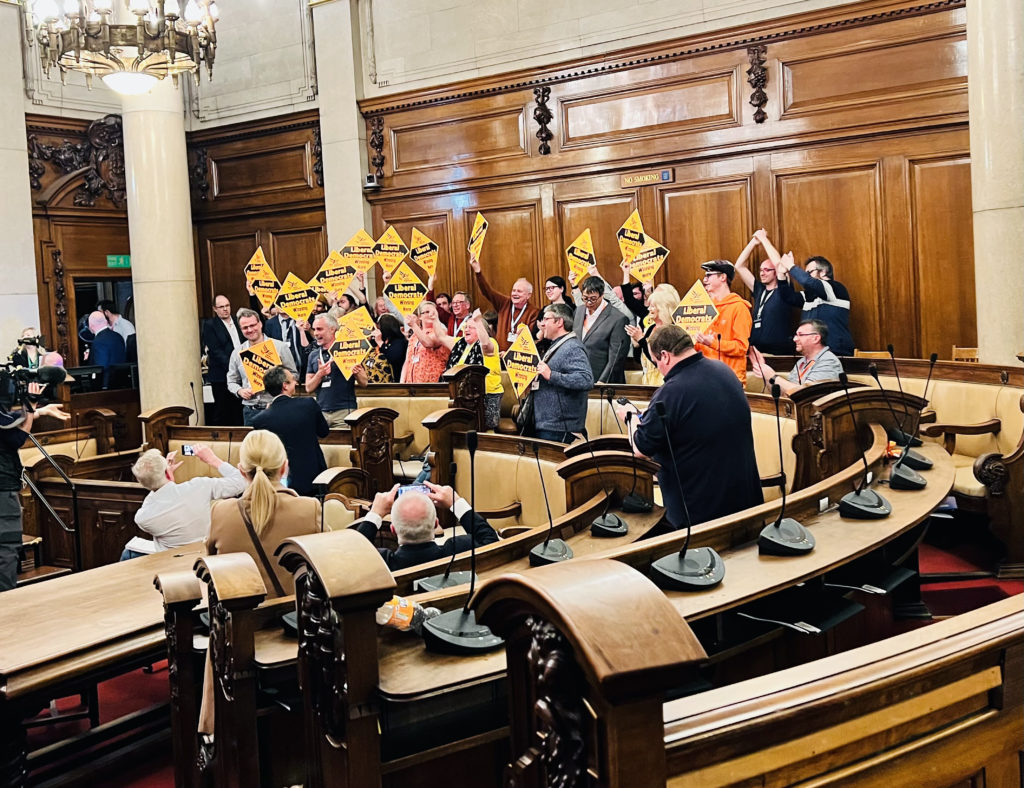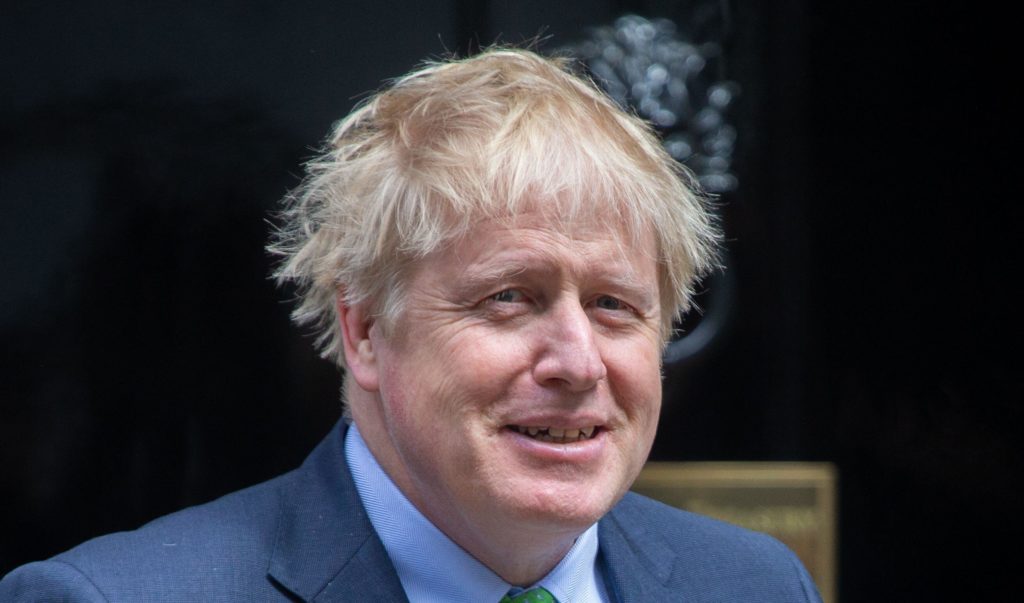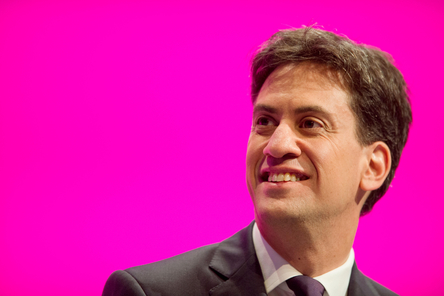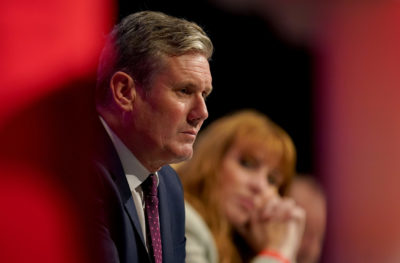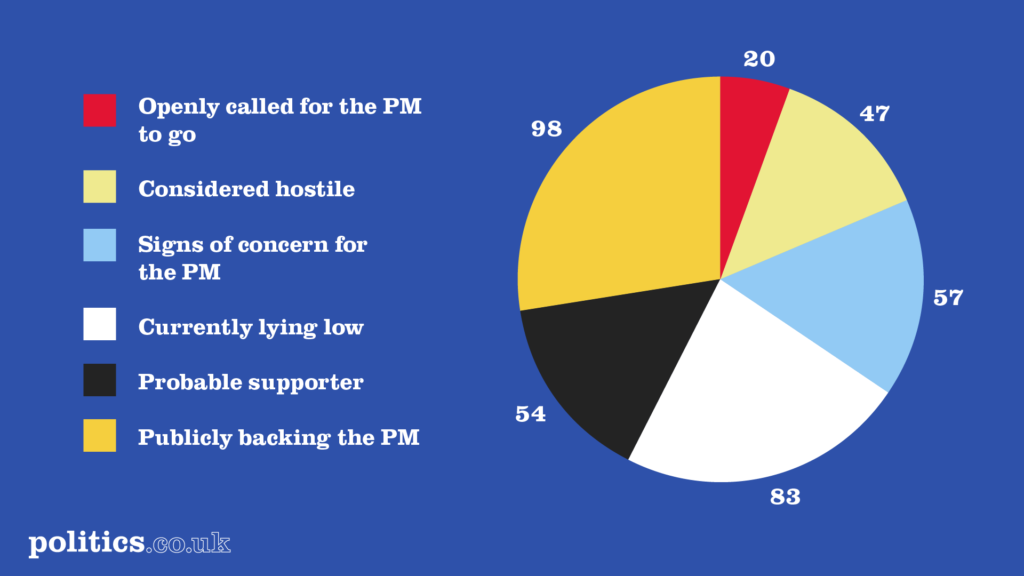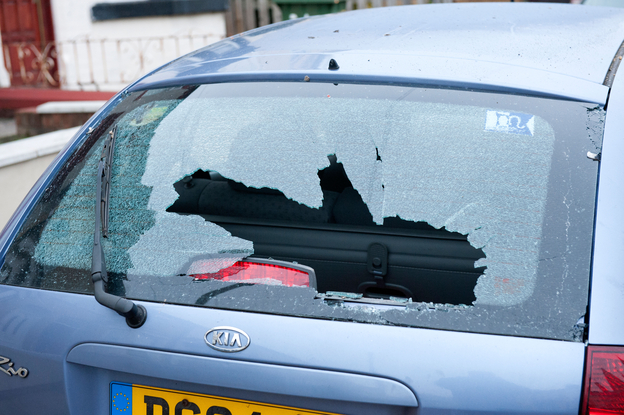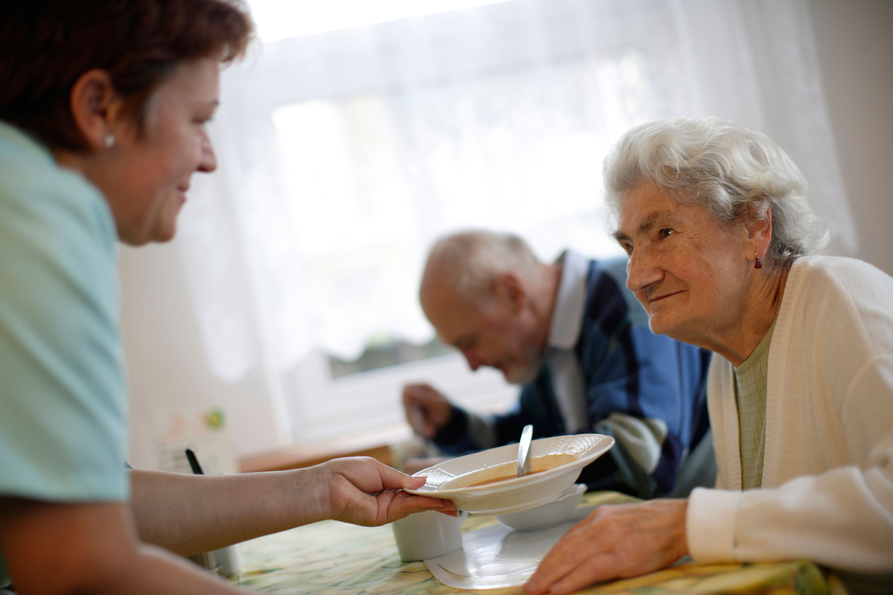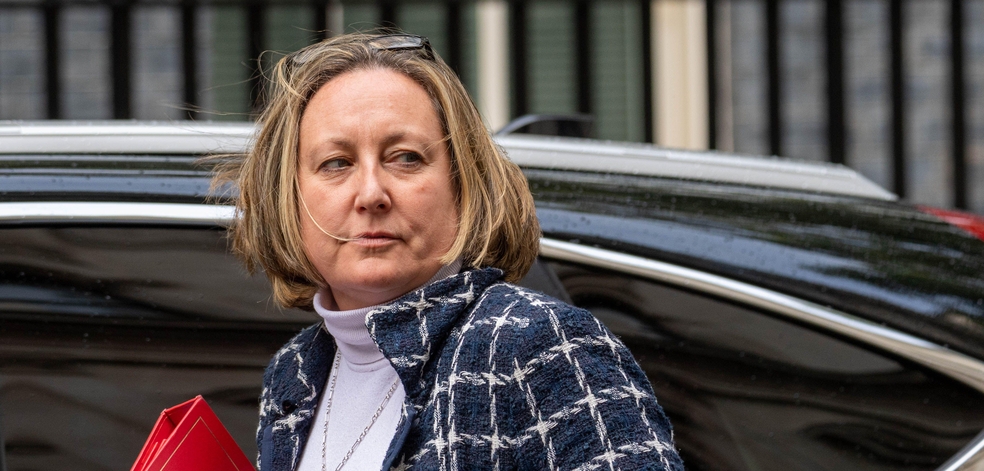What is homophobia?
Homophobia conveys intolerance towards homosexuality or individuals identifying as homosexual. This stems from the heteronormative belief that heterosexuality is the social and biological norm, while homosexuality is unnatural.
Traditionally, homophobia applied only to those identifying as lesbian or gay, but it is now used to convey a broader aversion towards all members of the LGBTI community.
Hostility and homophobic abuse can occur at an interpersonal, cultural or institutional level and manifests itself in varying forms of verbal or physical abuse, threatening behaviour, prejudice, discrimination, and hate crimes.
Interpersonal homophobia is targeted towards LGBTQI individuals in any social setting. Given the subtleties of one-to-one interaction, this form of homophobia is the most difficult to monitor.


Cultural homophobia is transmitted through the social norms and standards which reinforce heteronormativity. This form of intolerance is common within strict religious communities, whose teachings brand homosexuality a sin. When instilled at a young age, these perceptions become engrained in a person’s cultural understanding.
Institutional homophobia originates within organised institutions such as governments, businesses and schools. Institutional discrimination can be enforced on a national scale through the implementation of policies, uneven distribution of resources, and limited rights protection.

In the UK 45% of young people still report homophobic bullying at school.
Discrimination in daily life
Infiltrating societal structures, homophobic attitudes can have a detrimental impact on a person’s day to day life. Based a 2017 YouGov poll of some 5,000 LGBT people, 29% said they avoid certain streets as they feel vulnerable there as an LGBT person, while 28% had experienced discrimination or prejudice in a place of worship in the past twelve months.
A further one in five people claim to have experienced a hate crime due to their sexual orientation or gender identity, and it is widely believed that most hate crimes go unreported.
Homophobic bullying in schools
A 2017 report published by the LGBT rights charity Stonewall found that 45% of young LGBT people have experienced some form of homophobic bullying in schools; 40% admitted to having to skip school because of it. It is seen as a major component within the debate around bullying at school.
In addition to deliberate abuse, it was reported that half of LGBT school pupils hear a homophobic slur on a ‘frequent’ or ‘often’ basis. Of all public environments, schools are particularly dangerous platforms for homophobic insults from children unaware of a word’s authentic meaning. The word ‘gay’, for instance, is said to have lost its sexual connotations among many young people and is used readily without recognising its capacity to offend.
Legal position
In July 2018, the UK Government published an LGBT action plan aiming to “strip away the barriers that hold people back” while improving the lives of the LGBT community.
Among several strategies proposed, the Government pledged to extent anti-homophobic bullying programmes in schools, initiate proposals to outlaw conversion therapy, and take further legal action against homophobic hate crimes. The Government Equalities Office provided a £4.5 million LGBT Implementation Fund to support the delivery of these objectives throughout the public, private and voluntary sector.
Further to these recent developments, the Equality Act 2010 criminalises workplace discrimination based on a range of characteristics including gender reassignment, sex, or sexual orientation.
LGBTI rights around the world
A report in December 2020 by the organisation ILGA World, reported that there were 67 United Nations Member States where consensual same sex conduct remained illegal. The group concluded that de facto criminalisation was in place in two further states, and that one non independent jurisdiction, the Cook Islands, also criminalises same-sex sexual activity.
The report revealed how the death penalty is the legally prescribed punishment for consensual same-sex sexual acts in six UN Member States: Brunei, Iran, Mauritania, Nigeria (the 12 Northern states only), Saudi Arabia and Yemen. There is then a further five UN Member States where the death penalty may be imposed for consensual same-sex conduct, but where there is less legal certainty around this sentence: Afghanistan, Pakistan, Qatar, Somalia (including Somaliland) and the United Arab Emirates.
According to the IGLA World, many other countries still impose significant prison terms for sodomy including up to 7 years in Sudan (increased to life imprisonment for those found guilty three times), and 5 years in Turkmenistan.
In Europe, the group lists a number of countries that still enforce repressive legislation relating to freedom of expression, including Lithuania and Russia. In Turkey the government has recently used legislation to block websites and prosecute LGBT activists and advocates.
In other parts of the Western world, the Twenty First Century has has seen increasing numbers of countries take actions to promote tolerance and reduce discrimination towards the LGBT community.
As of June 2020, a total of 29 countries had legalised same-sex marriage. The first country to do so was the Netherlands in 2000. More recently, Costa Rica became the first country to do so in Central America. Same-sex marriage has been permitted in England, Scotland and Wales since 2014, and in Northern Ireland since January 2020.
The United Nations Human Rights Committee reiterates the legal obligation of member states to protect individuals from discrimination based on sexual orientation or identification. At the start of 2020, 45 member states of the United Nations were said to have enacted legal provisions prohibiting incitement to hatred, violence or discrimination based on sexual orientation.
Despite this global commitment, the UK is one of just five countries in the world, where the constitution provides explicit guarantees of equality for citizens on the basis of their sexual orientation – the others being Bolivia, Ecuador, Fiji and Malta.
According to the website Pink News, the United Kingdom is also said to have the highest level of LGBTQ representation of any Parliament in the world. There are 45 LGBTQ MPs in the House of Commons, accounting for 7% of the legislature. There are now 20 Conservative MPs, 15 Labour MPs and 10 SNP MPs who openly identify as LGBT+.
Quotes
“While marriage equality is an important start, it is not enough to prevent discrimination at work, in housing or many other spheres of life. It is crucial for constitutions to guarantee equal rights and protection from discrimination to LGBT individuals in all spheres.” – Dr Jody Heymann, Founding director of WORLD, 2016
Statistics
The number of lesbian, gay and bisexual people who have experienced a hate crime or incident in the last year because of their sexual orientation has risen 78% from 9% in 2013 to 16% in 2017. [Source – YouGov, 2017 poll of 5,000 LGBT adults]
More than a third of those identifying as LGBT say that they don’t feel comfortable walking down the street while holding their partner’s hand.- One in 10 people from the LGBT community claimed to have experienced homophobic, biphobic or transphobic abuse online in the past month.
[Source – YouGov, 2017 poll of 5,000 LGBT adults]

